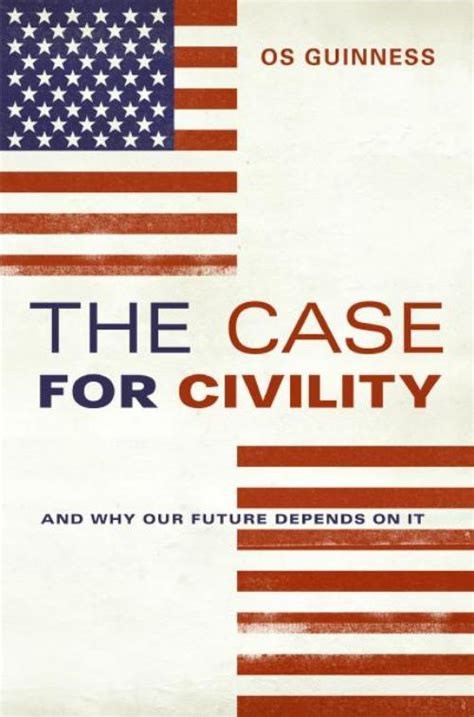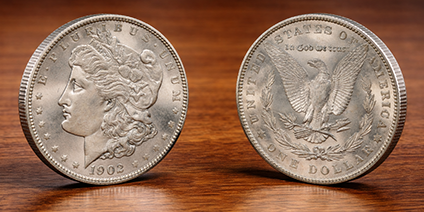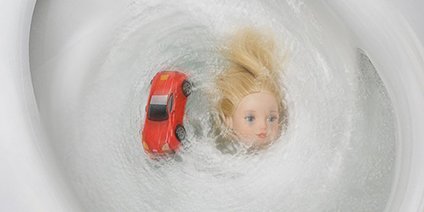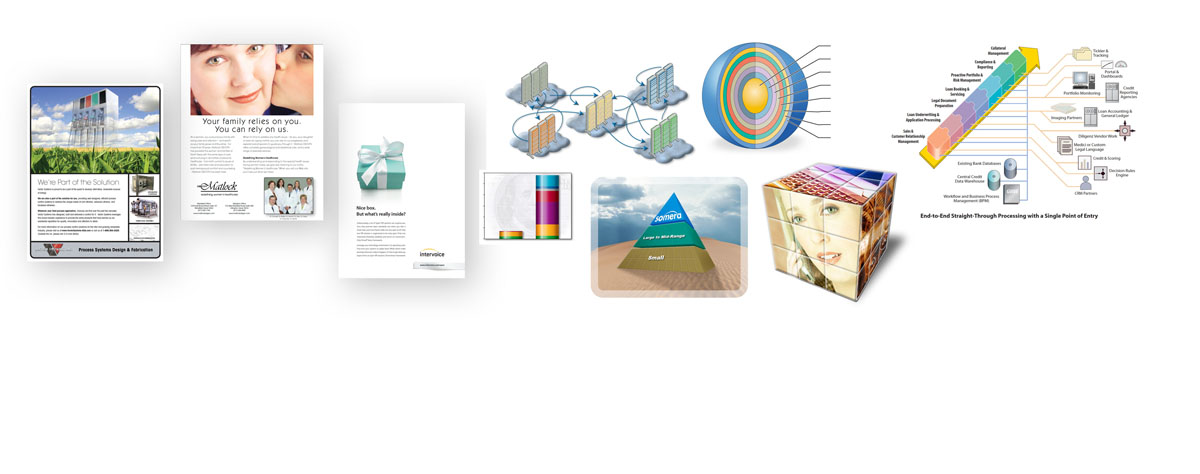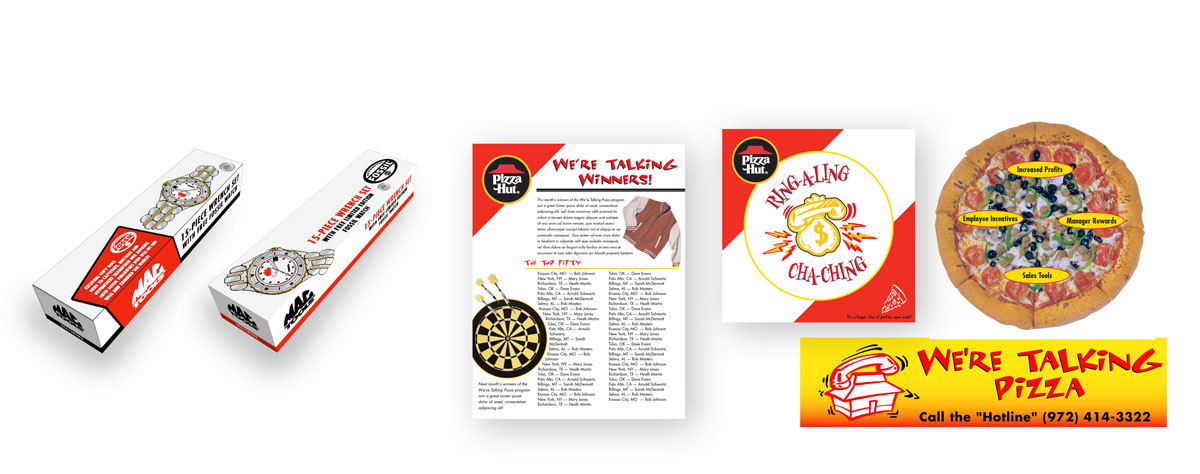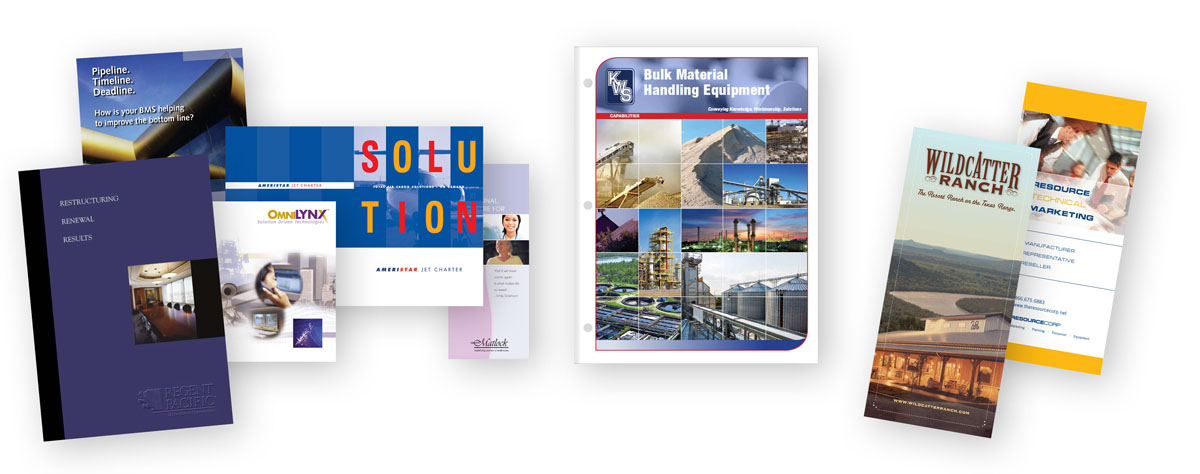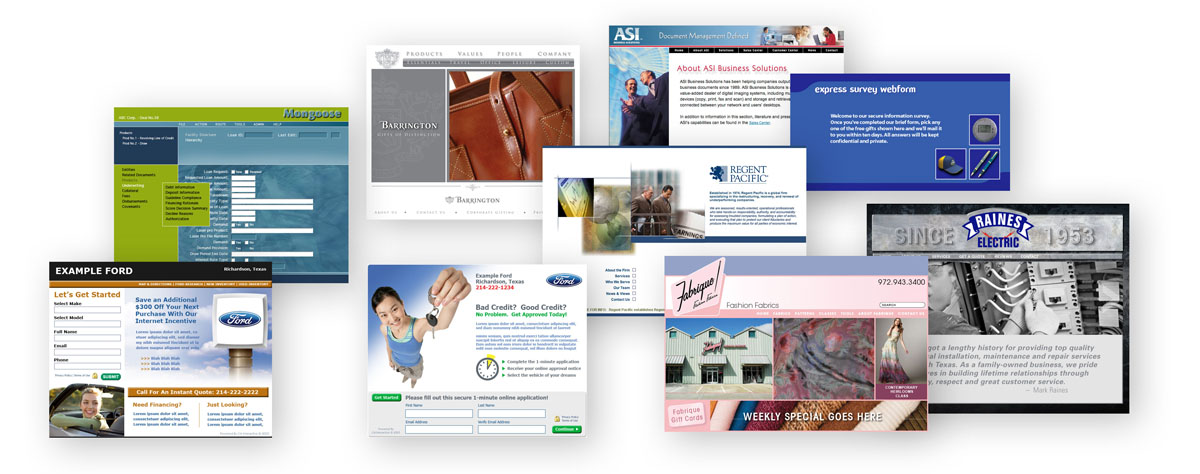The Politics of Anger
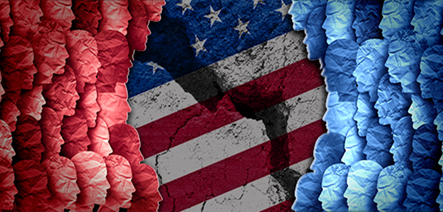
The Politics of Anger
True Confession: I have to admit that at least three nights a week, I eat dinner in front of the TV, watching Jeopardy. It’s not just the game I like, but also the contestants. Apparently, by the time you cram all the trivia into your head required to compete on Jeopardy, you become seriously non-standard. It’s the parade of quirky individuals I’ve really enjoyed watching…until recently.
Unfortunately, as happens every two years, my entertainment time gets carpet-bombed by a barrage of increasingly caustic political commercials. Any stranger visiting America during election season would be led to believe that half of Americans are fascist, religious fanatics who either belong to the KKK or the Nazi party. That stranger would be equally led to believe that the other half of Americans are perverted, child-molesting, government handout junkies who hate the very country that feeds them.
Apparently, I’m not alone in my disgust with politics. In his book “Blind Spot”, Jon Clifton (CEO of Gallup) recounts how, back in 2008, Gallup extensively surveyed Americans about their overall happiness with life in general. Since it was an election year, they began the survey by asking who the respondents planned to vote for. After the election, Gallup dropped the political question from the survey and, as if by magic, every single respondent provided more positive feedback about life than the pre-election respondents. This included the respondents whose preferred candidate did not win the election.
Just reminding people about politics seems to darken their mood. Perhaps, I should have buried the gist of this story further down in the content rather than including it in the title. Then, you would have at least started reading with a positive mindset. What got me thinking about this subject was a quote I heard two weeks ago – “It used to be that we thought of people on the other side of the aisle as good people with bad ideas. Now, we think of them as bad people.”
Have people with opposing ideologies become so threatening that they are now “bad” people? Is our world-view so fragile that it cannot withstand challenge or disagreement? Has our concept of truth become so totally dependent on herd mentality that “Truth” is whatever the herd believes (however that herd may be defined)? Is anyone outside our herd the enemy and in need of cancelling lest their herd become more dominant truth-definers than our own?
And, what is the herd? Is it not mere humans like ourselves, broken to one degree or another, beset by vices and prejudices that cannot be fully understood, much less, overcome? Why do we settle for rationalizing our own vices and those of our herd while we condemn the shortcomings of those outside our circle? Did every herd not at one time believe firmly that the Earth was flat and at the center of the universe?
Where, then, is the absolute by which we might measure Truth other than by a 51% concensus? If we bank our lives every day on the absolute truths of physics (gravity, inertia, atmospheric stability), how then do we bank our very freedom on something as flimsy and relativistic as the whim of the herd? And, if we, ourselves do NOT embody absolute truth, why then should we be angry with those across the aisle who likewise do NOT embody absolute truth?
Anger and fear are twins, sprung from the womb of insecurity and our current culture is making that womb the most fertile it’s ever been in human history. I don’t know about you but I just want to get back to enjoying the nut-jobs on Jeopardy without all the blood-pressure-impacting drama.
 So, what’s the answer? Do we figure out a way to meet the challenge of living with deep differences or do we stock up on ammunition? Because one of those two ends is where we’re headed. Let’s leave our herds behind and talk one-on-one. I’ll buy the coffee.
So, what’s the answer? Do we figure out a way to meet the challenge of living with deep differences or do we stock up on ammunition? Because one of those two ends is where we’re headed. Let’s leave our herds behind and talk one-on-one. I’ll buy the coffee.
“A sick society must think much about politics, as a sick man must think much about his digestion.”
― C.S. Lewis

Did someone forward this newsletter to you after reading it themselves? Don’t settle for that!
CLICK HERE
to get a fresh, unused copy of this newsletter sent directly to you every Sunday morning. If you decide it stinks, you can always unsubscribe.
BLIND SPOT
— Jon Clifton, CEO of Gallup
Although this is a business book, tailored primarily to CEOs and managers, it contains some eye-opening information for the everyday Joes like you and I. Most important, it opens up a window into the thinking of people outside our sphere of engagement. It also delves into the important difference between historical reality versus perception with regards to happiness and successful living. If you prefer data-driven information over emotional drivel, you’re gonna like this book.
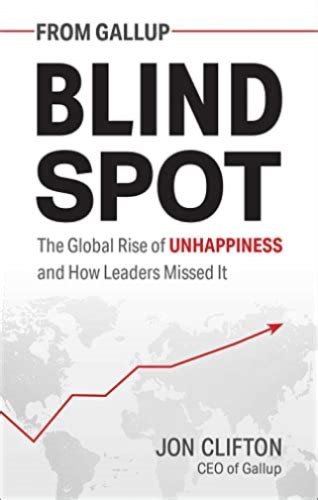
The Case for Civility
— Os Guinness
Guinness may be the most well-read individual I’ve ever encountered. While it’s easy to discount him as someone having lived a privileged lifestyle, it’s precisely that lifestyle which provided him with access to many of the deep thinkers and historical figures he cites. This book’s bibliography alone is worth browsing if you’re looking for an enlightened reading list.
